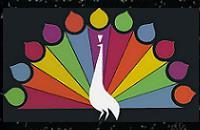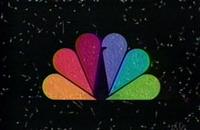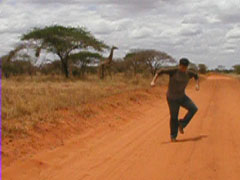I don’t exactly know why it is that I sometimes miss Mondays in terms of posting. You would think that I’d have plenty of time on the weekend to write up my brilliantness for the coming week. You would think that during the weekend, I’d have at least one hour of quiet driving somewhere during which I would think through one blog post storyline. You would think that I’d write up the details of the ideas from the previous week.
For all you bloggers out there, how many posts do you have in your drafts version? I have about 120 versions in draft form. Yaow! I start one, write a title (sometimes that comes last), type up, “S, find this reference, combine it with this amazing study, and post that.” And then I have new ideas when I come back to the writing screen again and want to write up new things and don’t always go back to those thing.
And for non-bloggers, how many emails do you have in your drafts folder? :)
In any case, I am psyched to combine the two aspects, my draft versions and my Mondays… I like the two goals of shrinking the number of draft versions, and of having something preplanned for Mondays. Ok, see how it goes in a week. :)
Have a great week. Short story coming at you tomorrow. S.



